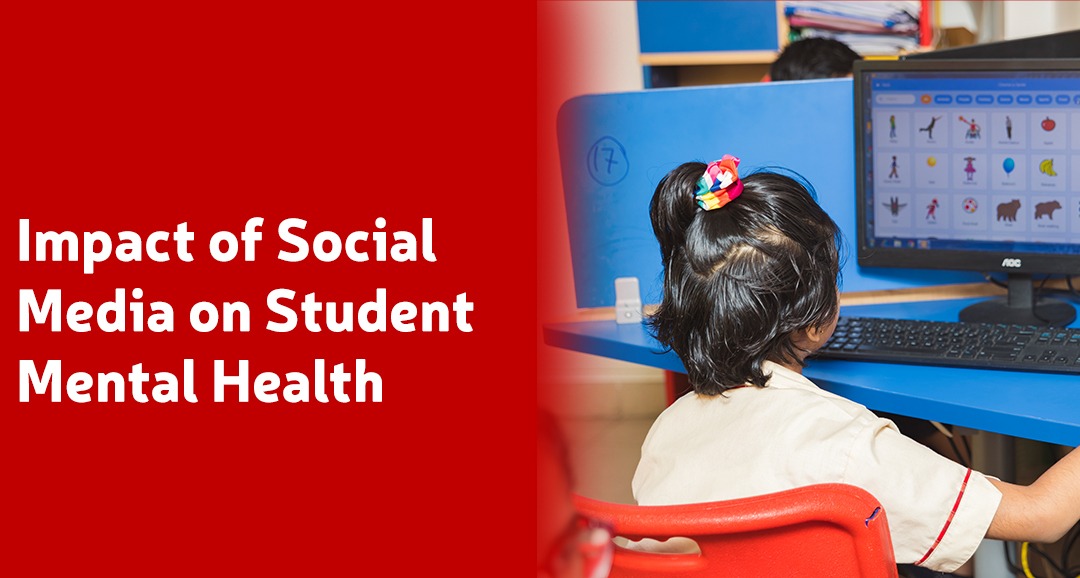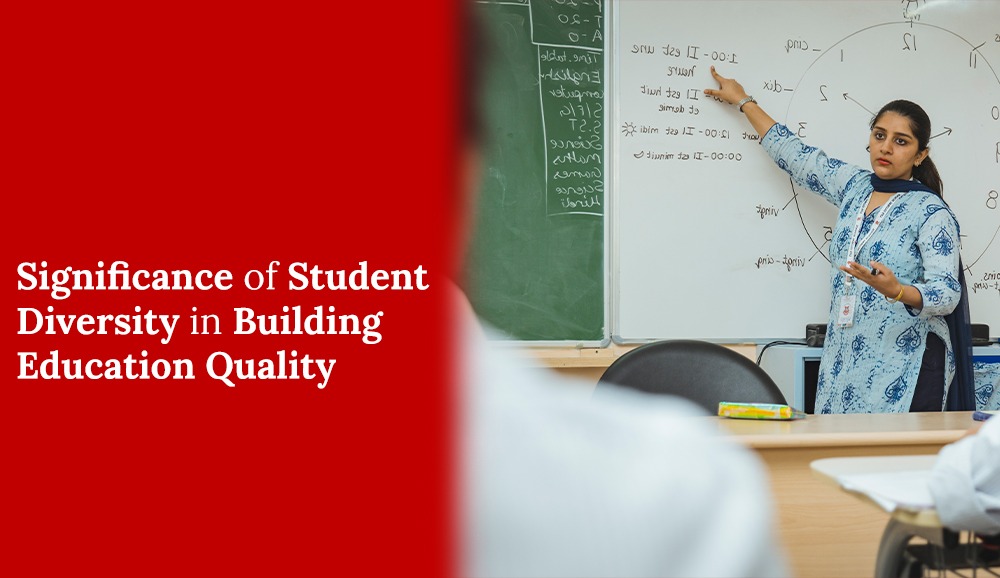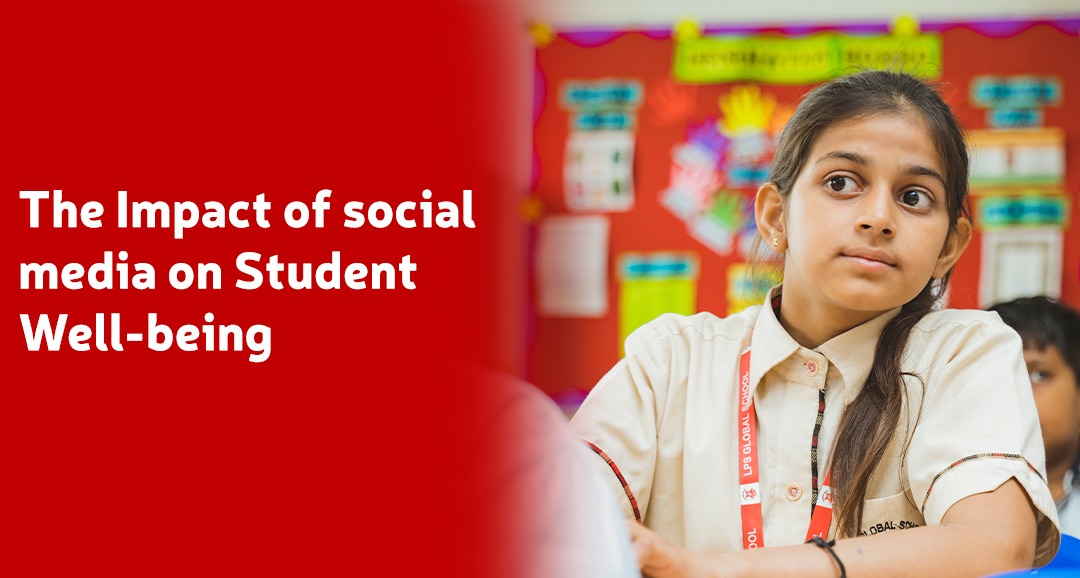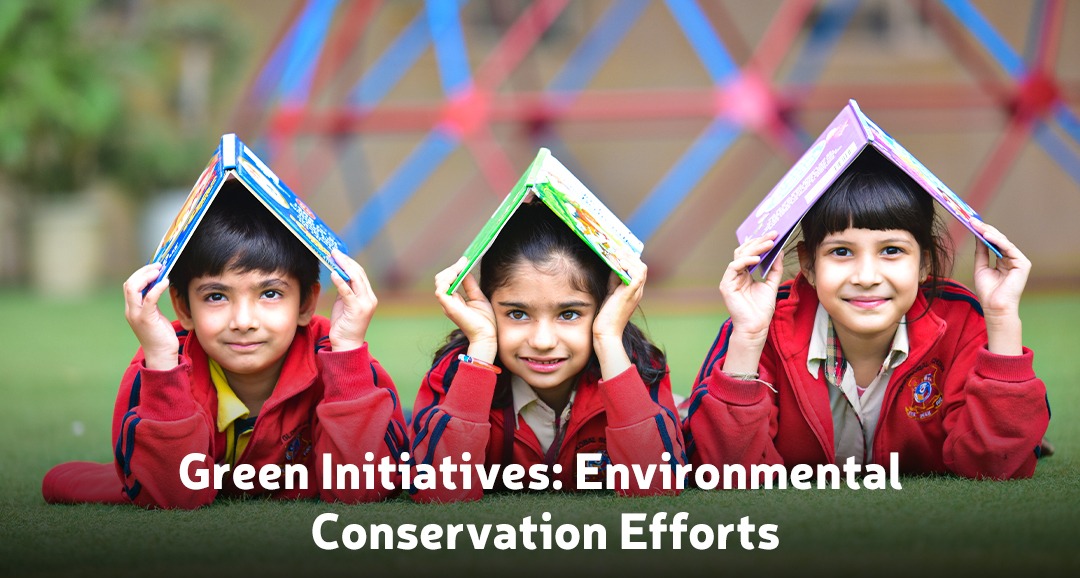
In the technologically advanced era we live in, the ubiquity of social media is undeniable. With a plethora of platforms at our fingertips, these digital spaces have become significant parts of our lives, particularly for students who are digital natives. While social media brings numerous benefits, concerns around its impact on mental health are increasingly in the spotlight.
Social media platforms like Facebook, Instagram, Snapchat, and TikTok have become integral to how students interact with the world. They use these platforms for a range of activities, from connecting with friends and sharing experiences to accessing information and learning new skills. Top CBSE Schools in Noida For many students, social media is a vital source of social support and a tool for self-expression.
However, the negative impacts of social media on students’ mental health can’t be overlooked. The perpetual connectivity and the nature of content shared can potentially foster feelings of inadequacy, anxiety, and depression.
One of the main concerns is the inevitable comparison that social media breeds. As students scroll through highly curated, often idealized versions of their peers’ lives, it’s easy for them to feel inadequate or believe their lives don’t measure up. This phenomenon, often referred to as “comparison culture”, can lead to decreased self-esteem and increased feelings of anxiety and depression.
Cyberbullying is another significant issue that students face on social media. Unkind comments, exclusion, and public shaming can have devastating effects on the mental health of young people. The anonymity that social media sometimes offers can further escalate this issue, leading to increased instances of harassment and bullying.
The overuse of social media also contributes to mental health issues. A study published in the Journal of Abnormal Psychology in 2019 showed a correlation between the time spent on social media and an increase in cases of depression and loneliness. It can also disrupt sleep patterns, an essential aspect of maintaining good mental health, particularly in adolescence and young adulthood.
On the flip side, social media also provides a platform for mental health awareness and can be a source of comfort for those who feel isolated in their experiences. Students can find resources about mental health issues, join supportive communities, and share their experiences in a safe environment.
Moreover, many organizations use social media to launch mental health campaigns, share helpful resources, and connect individuals to professional help. The conversations about mental health are slowly being destigmatized due to the increased dialogue on social media platforms.
Given the mixed impact of social media on student mental health, it’s crucial for educators, parents, and policymakers to encourage healthy social media practices. Top ten schools in Noida Digital literacy curricula in schools should include education about the potential impacts of social media on mental health and strategies for critical consumption of social media content.
Parents should openly discuss social media use and its potential impacts with their children, encouraging them to use these platforms in a way that enhances their lives rather than detracting from their mental wellbeing.
In conclusion, social media, while being a powerful tool for connection and expression, can have both positive and negative impacts on students’ mental health. With the right knowledge and strategies in place, we can help students navigate these digital spaces more healthily and productively. It is our shared responsibility to guide students on how to use social media mindfully and constructively, thus fostering their overall wellbeing in this digital age.




